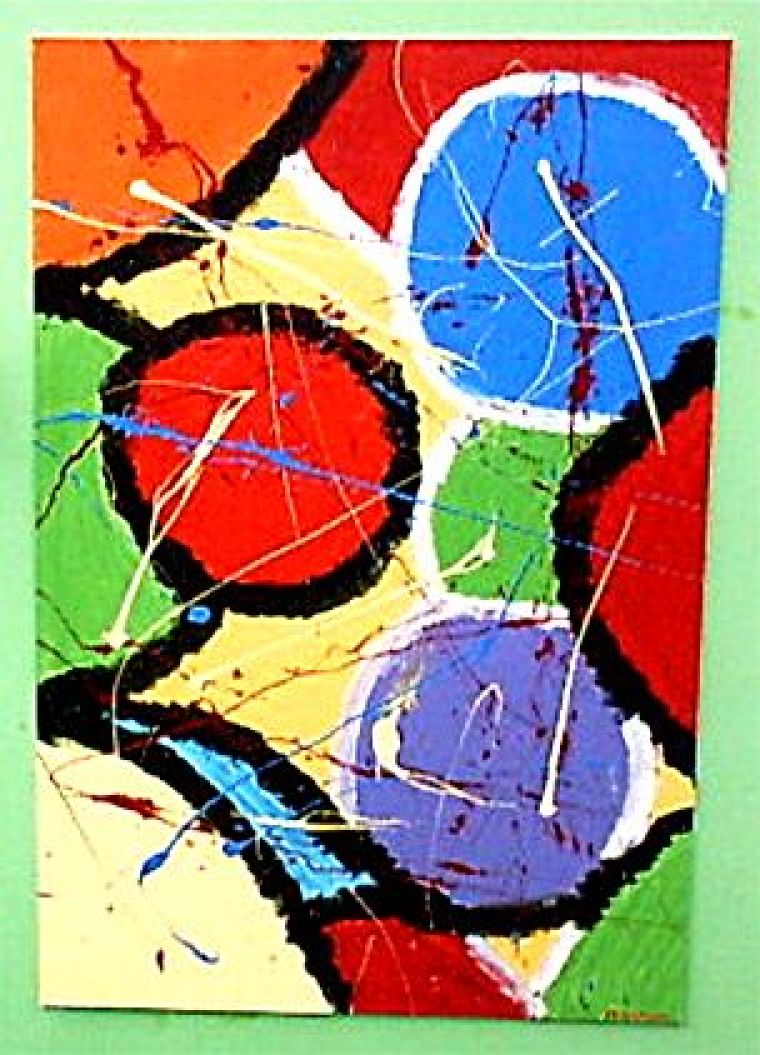
Europe has a wider range of top range sporting events than Australasia can ever hope to emulate, to which elite athletes from around the world converge for major events.
It has always been thus, for sports and education, due to our small and isolated population. Even Elizabeth Macarthur sent her sons away to England and Europe in the 1800s, although they all came back to the benefit of Australian agriculture. They not only brought back world class know-how, but used initiative in developing our own primary industry. Similarly, although medical researcher Professor Elizabeth Blackburn did her postgraduate study in England and now lives in the United States, we still claimed her as a Tassie Girl when she won the Nobel Prize in 2009.
Elite athletes going to Europe is nothing new. It's where the money is. And our home-grown athletes are always able to show that they can compete with the world's elite.
The Australian Institute of Sport recognises this and has its own training facility in Italy where many of the Olympic sports squads head during our winter months to compete in the many international tournaments available across Europe.
In Track and Field our own hurdler Sally Pearson has blown the field away, right up to the last Diamond League event when she tripped over a hurdle.
Two of the four Grand Slam tennis events are in Europe: the French Open on clay and Wimbledon on grass.
Tour de France is another such European based international sports event that takes the world by storm. This year, every Australian recognised the name Cadel Evans. He has married an Italian and lives part of the year in Switzerland, and he bears the proud heritage with the of a Welsh king, but yet he is still 'ours'.
Hockey, once the pride and joy of the sub-continent has been almost exclusively in the hands of the Europeans since the early '70s – the Dutch, Germans, Spanish and English now dominate. Admittedly they compete against Australia and New Zealand and lose as many games as they win.
Many Australian soccer lads from European migrant families, some of them have been here three or four generations, where they have developed their soccer skills, head to European sides that have family and regional connections. Many of them make good, and now more and more 'currency lads' - now follow them, because junior soccer is the only football code that ranks in the top 10 sports for actual participation in Australia. As those youngsters grow up, they are setting their sights higher to international competitions.
In other football codes also, many Australian Rugby League players head to UK's Super League; and many Australian Rugby Union players head to France and Italy.
It is a far cry from a simpler time, in Mark Tronson's youth, where Olympians were truly amateurs and money was not such a factor. He was reminded of this recently when a former 'golden haired' Olympic medallist from 1960, John Konrad, auctioned all his medals and they were bought by the Australian Museum in Canberra. John has had the opposite journey.
His family migrated from war-torn Latvia, and his early training was in an outdoor concrete pool in the migrant hostel where they lived when they first arrived. His father was worried that he and his sister Ilsa (also an Olympian) would drown in the Australian outback waterholes, so he taught them to swim. John's swimming training continued in order to build up his muscles after a bout of polio. (www.myspace.com)
What a different story from those of today! But it is one that shows the same message, that God-given talent can always come to the fore if it is nurtured and if the training suits the athlete.
Now, despite recent financial problems that the world as a whole will hopefully resolve, Europe is the hub for many international activities. Europe has a rich and full history of all things classical and traditional, and there appears to be a renaissance of these values taking root with the new generations, in spite of the turmoil and uncertainty.
Mark Tronson notes with interest that this extends to Christianity as well. Although Europe as it was once, the well spring of evangelism for the entire globe, this has declined in recent decades but now there are many enormous evangelical Christian mission and churches, the biggest of them all is in Kiev in the Ukraine.
Australia's Hillsong Church has a growing congregation in Paris and many churches in Britain are in revival with an ever-growing number of worshippers, mainly in the Pentecostal and non-conformist arenas (Baptist, Methodist, Salvation Army ...).
Perhaps, thinks Mark Tronson, the revival of Christian ministry is part of God's plan for this rejuvenation of all areas of human excellence in Europe.
